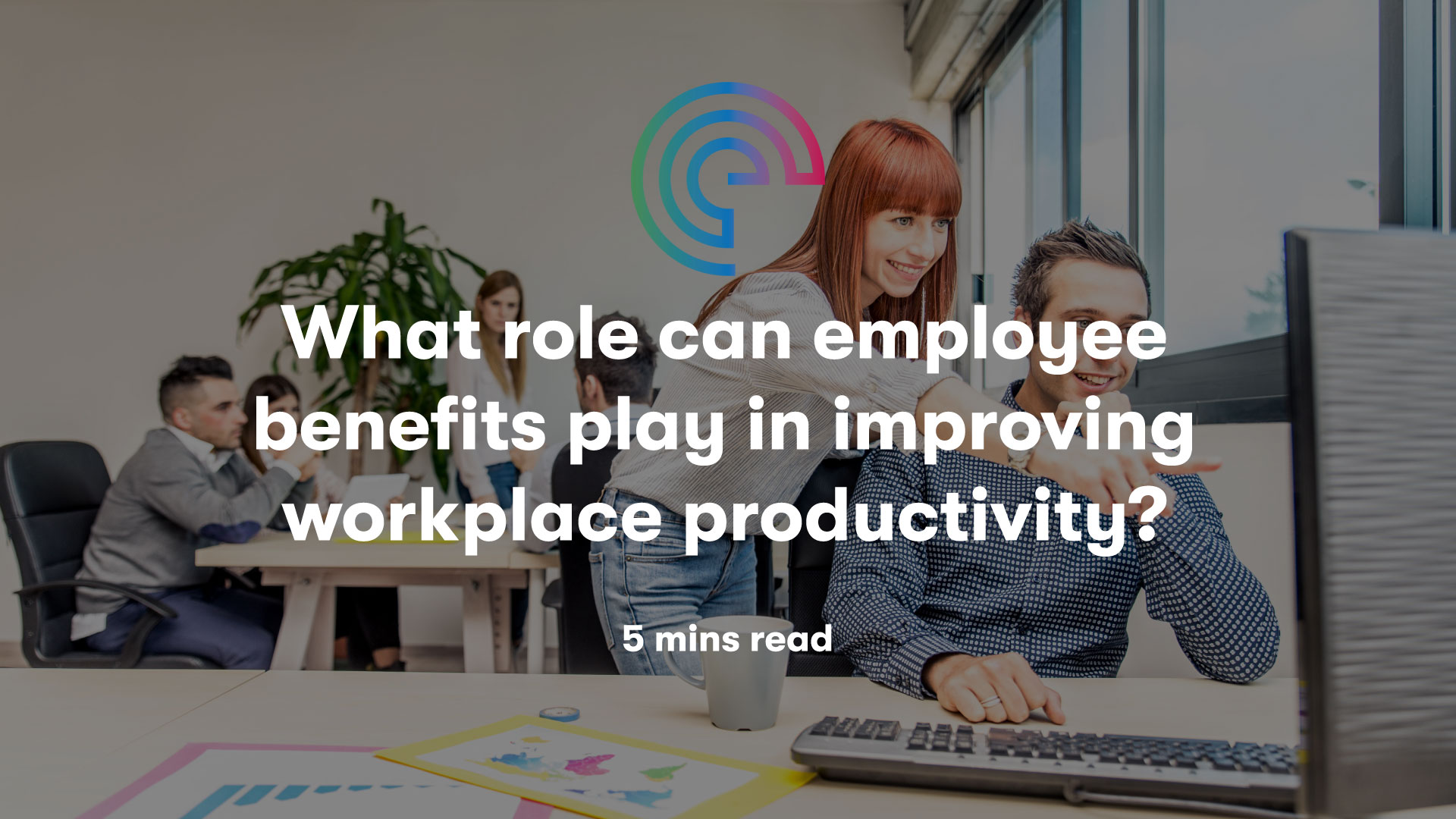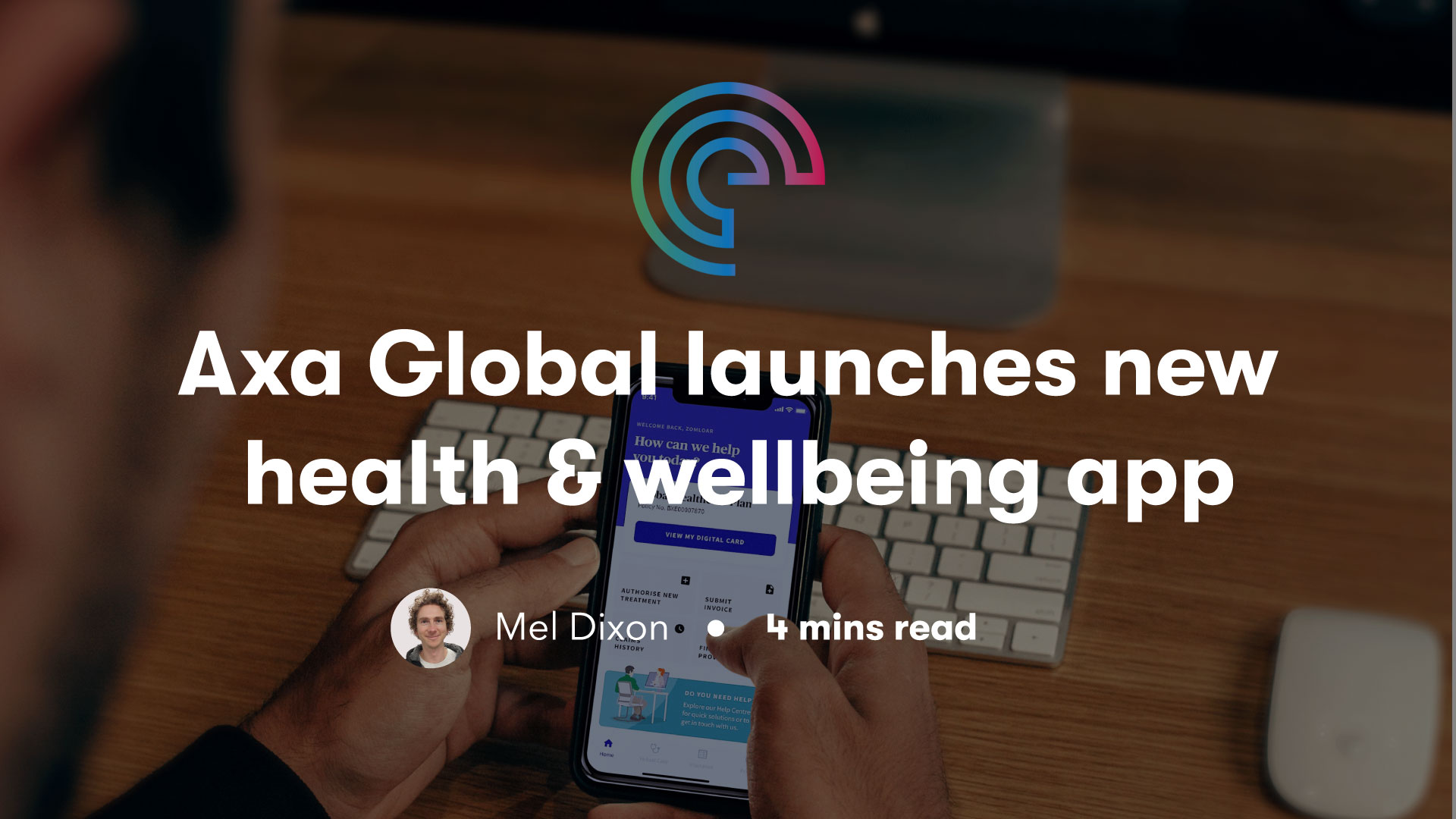“When employees are unhappy with their job, they underperform and they’re less productive. Smart employers invest in employee happiness.”
Hendrith Vanlon Smith Jr, CEO of Mayflower-Plymouth
A study by Perkbox found that disengaged employees cost the UK economy £340 billion every year due to the associated costs of training and recruitment, staff sickness, lost productivity and stifled innovation.
The costs can quickly spiral unless you spot the warning signs and tackle the root causes at the earliest opportunity.
In this article, we explore the tell-tale signs of disengagement and look at the four major causes businesses can tackle.
Employee benefits play a vital role in improving workplace engagement. Get FREE one-to-one advice from our award-winning brokers on 01273 974419 or email [email protected].
How to spot a disengaged employee
When staff become disengaged, the signs can be right under your nose but easily missed, especially as these things tend to happen gradually. You might dismiss it as ‘this is just the way that he/she always seems’. However, some of the early warning signs to look out for include:
- Lack of enthusiasm
- Poor productivity
- Lack of initiative
- Sluggish responsiveness
- Irritability
- Careless errors
- Low mood
- Poor quality work
- Reluctance to be involved in team events
If disengagement is not addressed early, then it may lead to the following:
- Increased staff sickness
- Neglected work duties
- Deteriorating work quality
- Negative influence on colleagues
- Keep quiet and stay unhappy
- Quitting the company
HR data and tools may also help diagnose such problems, especially if it includes staff satisfaction surveys and general statistics around staff sickness and staff retention – you might see general trends which point to an underlying problem with workplace culture.
4 major causes of disengagement
1. Burnout
Sixty-eight per cent of UK adults mistakenly identify burnout symptoms with anxiety. This suggests it’s a bigger problem than a lot of people realise.
Causes of burnout include:
- Heavy workloads and persistent deadline pressures
- Role conflict/confusion
- Lack of constructive support e.g., feedback, participation, recognition
- Lack of knowledge/expertise for the role
- Long hours
When staff are stretched too thinly, they may end up doing the bare minimum on several fronts. Work becomes a box-ticking exercise rather than an opportunity for employees do their best.
Suggested solutions:
The simple solution is to ensure that employees can report back any concerns about their workload, and figuring out ways to spread the work more fairly.
2. Lack of opportunity for progression & personal development
A big contributor to disillusionment is a lack of opportunity for progression or personal development. It’s important for staff to feel they are working towards something, whether that’s new career opportunities or learning new skills. Without this, you run the risk of your employees feeling stagnant at work and in life in general.
Investing in staff development will help boost their confidence and motivation.
Suggested solutions:
Try investing in:
- Short courses and classes which develop a range of soft or work-related skills
- Professional development opportunities
- Career pathways which employees can explore
- Personal development days in addition to statutory holiday
3. Ineffective employee benefits
There are so many employee benefits that can help support a positive workplace culture. In turn, this helps staff remain engaged and able to give their best efforts.
Suggested solutions:
- Health and protection schemes: Private healthcare is still a hugely popular benefit as it gives quick access to consultations, diagnostic scans, mental health support and a wide range of treatments. Meanwhile, policies like Group Life Insurance and Critical Illness Cover support provide protection should the worst happen.
- Employee Assistance Programmes: usually included with a Group Health scheme, an EAP promotes self-care and provides easy stress management tools to help staff with low concentration, poor sleeping habits, and provides them with the tools to tackle everyday health needs.
- Health Cash Plans: a lower cost alternative to health insurance to help support staff with everyday health needs and problems, providing a range of support such as physiotherapy, counselling, acupuncture, financial training etc
- One-to-one counselling sessions: these can be either be provided through Health Cash Plans, EAPs, as an add-on to health insurance, or as a standalone product
- Apps and online mental health services: again, these can be offered with EAPs and benefits platforms, or purchased as a separate product for staff to manage however they need
- Flexible work arrangements: an easy and cheap way to allow your staff the space and autonomy they need to work in a way that works best for their lifestyle.
Some extra small workplace changes to help your staff feel heard/listened to:
- Regular one-to-ones
- Monitor workloads and scheduling
- Seek further feedback from staff on certain issues
- Regular team meetings
- Regular social gatherings outside of the workplace: staff can connect with colleagues and express themselves in a more relaxed/open environment
Need impartial advice about employee benefits and healthcare schemes? Engage Health Group’s expert brokers will review any schemes currently in place, or help you set one up for the first time. All FREE of charge. Email [email protected] or call +44 (0)1273 974419.
4. No recognition or rewards
All employees need regular recognition for their work; without it they’ll be left feeling their efforts are going unnoticed. Investing in creative ways to reward the hard work of your employees will boost productivity, retention, and company culture, as well as helping staff feel connected to the company!
Suggested solutions:
- Team building events
- Virtual gifts
- Promotions
- Peer-to-peer recognition
- Employee recognition platforms
- Performance bonuses
- Company parties
- Early Friday finishes
- Vouchers and gifts
- Staff discount schemes
Further reading: 8 ways to recognise remote teams in 2023
Finding the right support with Engage
Every employee who feels happy, valued, and listened to at their place of work will be more likely to want to stay at that company and deliver their best work. It’s all about creating a supportive company culture in which employees feel valued and listened to.
One important element of that is your employee benefits offering. An independent broker like Engage Health Group can help you negotiate the marketplace safe in the knowledge you’re getting advice from people who are working on your behalf and in your best interests. We take the time to talk you through all options available and gather the best quotes and terms from across the market.
Contact our expert team at [email protected] or call +44 (0)1273 974419 for FREE no-obligation advice and support.









